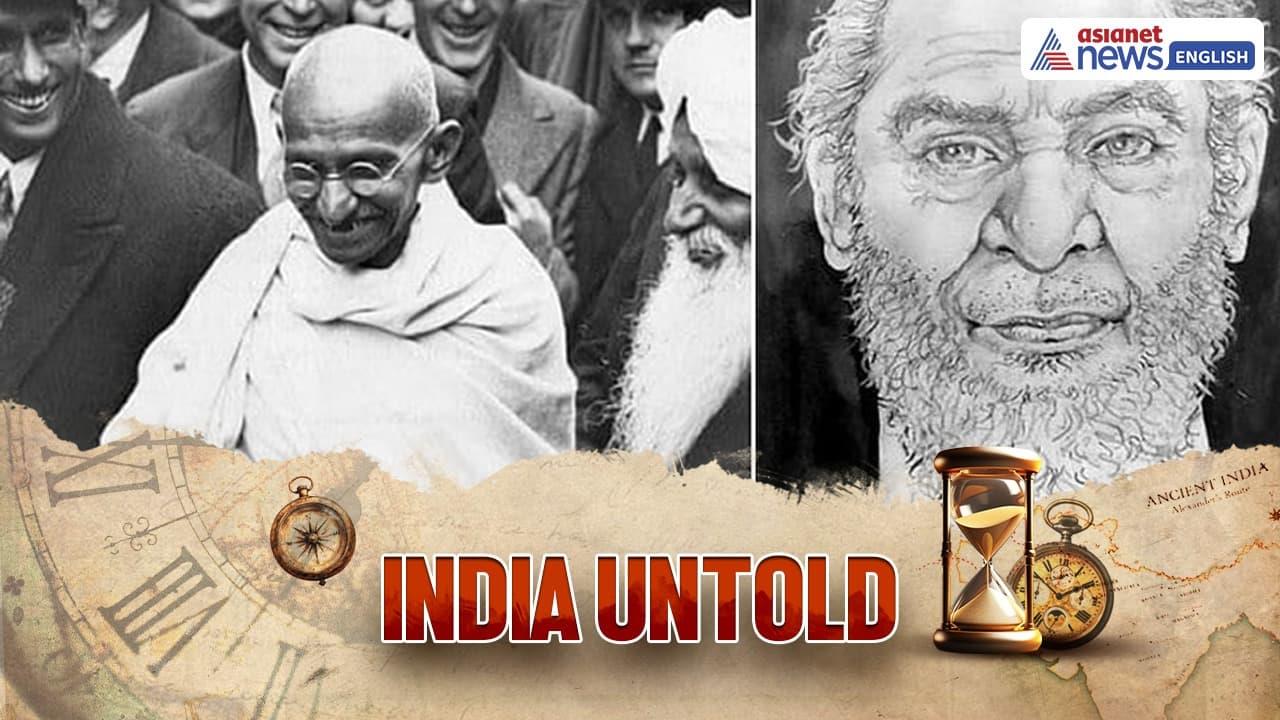
India Untold: The Cook Who Defied British Orders To Poison Mahatma Gandhi And Paid Heavy Price For It
Only a few Indians know the name Batak Mian, a cook from Bihar, whose silent heroism once saved Mahatma Gandhi from certain death. His act of loyalty not only altered the course of India's freedom struggle but also cost him dearly-a price that history has overlooked.
On January 30, 1948, Gandhi was killed by Nathuram Godse's bullets during an evening prayer at Delhi's Birla House.“The light has gone out of our lives,” lamented Prime Minister Jawaharlal Nehru, as the world mourned. While the assassins were punished, another assassination attempt decades earlier-foiled by a forgotten cook-remains buried under layers of neglect.
The year was 1917, when Gandhi arrived at Motihari railway station in Bihar to investigate the plight of indigo farmers. His visit would ignite the Champaran Satyagraha, the first of many revolutionary movements of passive resistance. But behind the scenes, a British indigo planter named Erwin, furious at Gandhi's intervention, plotted to kill him.
At a dinner hosted in Gandhi's honour, Erwin ordered his cook, Batak Mian, to lace Gandhi's milk with poison-promising wealth but threatening ruin if he disobeyed. When the moment came, Batak Mian handed Gandhi the glass, but with it, he also handed him the truth. He revealed Erwin's treachery, saving the Mahatma's life in the presence of Dr. Rajendra Prasad, who later became India's first President.
Gandhi went on to lead Champaran's satyagraha, but Batak Mian's life crumbled. He was dismissed, jailed, tortured, and cast out. His home was destroyed, his family banished, and his sacrifice erased from the nation's memory.
Decades later, in 1950, when Rajendra Prasad returned to Motihari as President, he spotted the frail figure of Batak Mian in the crowd. Recognising him instantly, Prasad embraced him, invited him to the dais, and introduced him as the man who saved Gandhi.“Had it not been for Batak Mian, Gandhi would have died,” Prasad told the people, pondering how differently India's history might have unfolded. As a token of gratitude, he directed local authorities to grant the cook and his family 24 acres of land.
Despite repeated reminders-including an order in 2010 by then-President Pratibha Patil-Batak Mian's descendants still await justice. Today, his tomb and that of his wife lie forgotten in their village of Siswa Ajgari, while his grandchildren live in poverty, eking out survival as daily labourers near the Valmiki Tiger Reserve.
India's independence might have taken a different turn had Batak Mian not chosen courage over fear. His story is a stark reminder of the unsung guardians of freedom, whose sacrifices remain unacknowledged. As actor Farooq Sheikh once wrote in a letter to his family in 1996:
“If it weren't for Batak Mian, India's history would have been different.”
Legal Disclaimer:
MENAFN provides the
information “as is” without warranty of any kind. We do not accept
any responsibility or liability for the accuracy, content, images,
videos, licenses, completeness, legality, or reliability of the information
contained in this article. If you have any complaints or copyright
issues related to this article, kindly contact the provider above.

















Comments
No comment